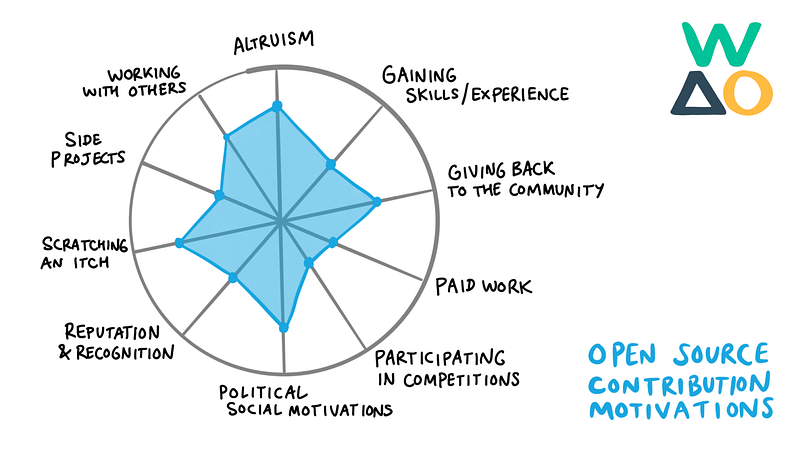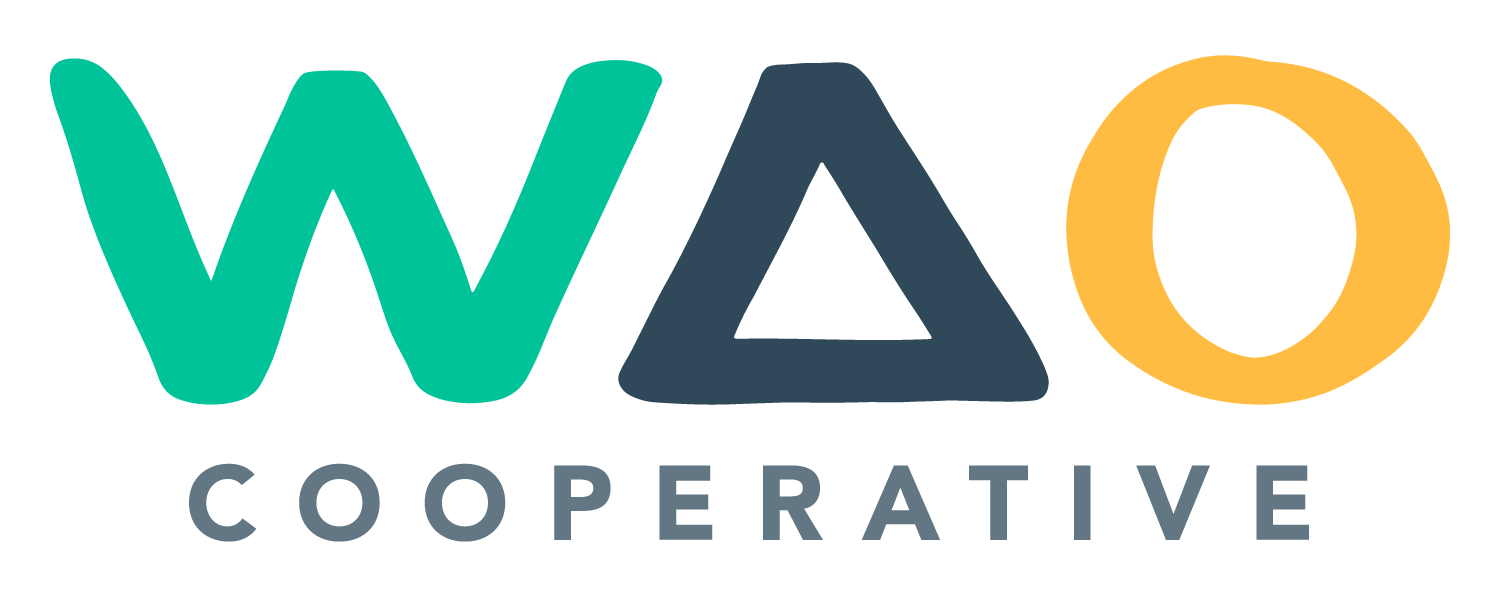Creating a culture of recognition
How to take steps to recognise and encourage pro-social behaviours

Anyone can create a badging system, if by ‘badging system’ we mean ‘lots of badges for discrete things’. Too often, though, these badges focus on credentialing rather than recognition.
Open Recognition is the awareness and appreciation of talents, skills and aspirations in ways that go beyond credentialing. This includes recognising the rights of individuals, communities, and territories to apply their own labels and definitions. Their frameworks may be emergent and/or implicit.”
(What is Open Recognition anyway?)
We’re so conditioned into getting certificates and trophies for achievement (aka ‘credentials’) that sometimes we have to remind ourselves what we mean by recognition.
So instead of talking about this in an abstract way, let’s talk about it in the context of the Keep Badges Weird (KBW) community, which currently has over 300 members.
Identifying pro-social behaviours
Pro-social behaviours are those intended to benefit others, or society as a whole — for example, helping, sharing, donating, co-operating, and volunteering. Within a community, they’re the behaviours that make it an attractive space to belong to, and which encourage its growth and/or development. It’s a central part of the value cycles that underpin the Communities of Practice model.

Within the KBW community, we already have a series of fine badges including those shown above. These also happen to be ‘stealth’ badges, awarded to community members without them actively seeking them.
The particular pro-social behaviours we have identified with these badges are:
- Coming to someone’s rescue — is someone stuck with a problem, or in an awkward situation?
- Kicking off a discussion — has someone gone out of their way to prompt discussion or debate on an issue?
- Keeping it positive — is there someone who’s done a good job of keeping the community focused on solutions rather than endlessly talking about problems?
People don’t have to reach a high bar of have done something out of the ordinary to earn a badge that recognises a pro-social behaviour. For example, the first badge that most people in the KBW community earn is the ‘Keep Badges Weird’ badge, issued to those who introduce themselves in a dedicated thread.
Encouraging participation
The best badging systems evolve over time with communities. A great example of this is the Fedora Linux community, which has a badging system which at this point is around eight years old and contains hundreds of badges. These range from commonplace badges such as making a single contribution to the codebase, through to ultra-rare badges such as overall project leader.

It’s interesting to note the different types of badges that are issued within this community:
- Content
- Development
- Community
- Quality
- Event
- Miscellaneous
These categories can emerge over time, and may not even be necessary at all. It’s important to understand that these emergent badge systems are built with community members, not for them.
A worked example
One of the resources that the KBW community helps maintain is Badge Wiki, a knowledge base for the entire Open Badges community. While it’s true that anyone with an account can edit the wiki, not so many do.
So the first thing we did was to create a time for us all to come together and work on it. We call this Badge Wiki barn raising, and we do it monthly. Ideally, there are always new people on this call, as well as those who have been to at least one previous session.

The badge that those who come to a session can earn is shown above. This serves several purposes, from validating attendance (for those who need it) through to recognising the contribution they have made.
But where do we go next? How do we go from a single badge to start building out a badge system around stewardship of this particular resource?

Perhaps the easiest place to start is to recognise people turning up on multiple occasions. They don’t have to be consecutive, and it doesn’t need to be the organiser of the session that keeps track. Instead, this could be a claimed badge based on pointing to evidence.
This kind of approach can be repeated ad infinitum. There’s value in doing so — the Fedora badges system has a badge for people who have performed 10,000 builds! But what else can we recognise and encourage? After all, people contribute to communities (including Open Source communities) in many and varied ways.

People also have different interests and talents, so why not recognise those? We chose three types of people from this helpful list as a way of helping people identifying roles for themselves, and to help people understand that there are lots of different ways to contribute and create value. Every Badge Wiki barn raising call starts with this, as a ritual and routine and a way for people to feel welcome.

Even this small demarcation of roles helps in a number of ways:
- People can start small and work their way onto bigger tasks
- Contributors arrive with varying energy levels, so may be in the mood for different tasks on different days
- People can follow their interests as well as their talents for contributing to the project.
Inevitably, even in the first session, those who turned up as contributors to the Badge Wiki barn raising started identifying themselves as ‘FairyGardeners’ . That is to say they felt like doing a couple of different things, or mashing up those roles. This is absolutely to be encouraged!
Conclusion
This has been a brief guide with worked examples of how to create a culture of recognition, taking steps to recognise and encourage pro-social behaviours. WAO don’t have all of the answers, so we’d love to hear from you! Please do comment below if you’ve got examples (or questions)
Recognition within a community of practice is best as a varied and emergent system, and so our next task is to create badges from these reflections for the Badge Wiki barn raising sessions. If you would like to come along, please join the KBW community and turn up for the monthly sessions!

Discussion